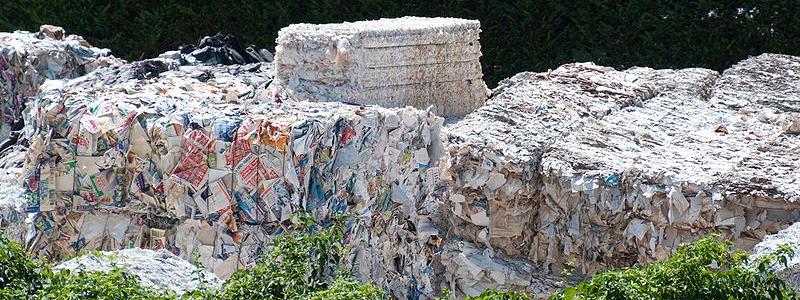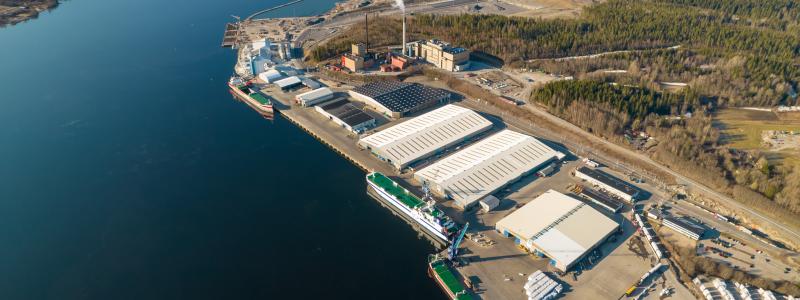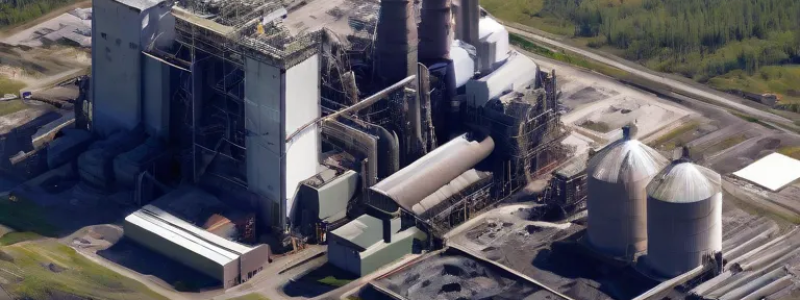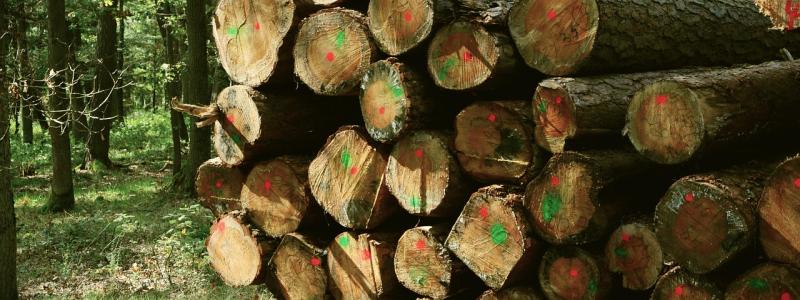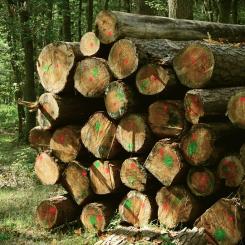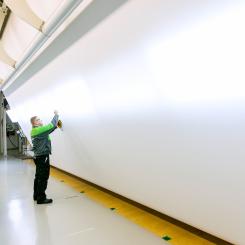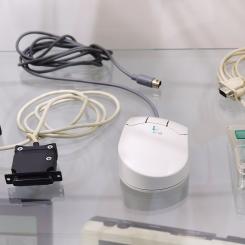In a significant stride towards sustainability, the forest industry, alongside the scientific community, has embarked on an ambitious journey to revolutionize pulping processes. Under the leadership of the VTT Technical Research Centre of Finland and RISE Research Institutes of Sweden, a consortium of 10 research organizations, universities, and companies has been formed.
This groundbreaking research program, known as Emission Free Pulping, aims to drastically reduce biomass burning and enhance the wood material yield for pulping from about 50 per cent to nearly 70 per cent. With a projected budget of around 15 million euros over the next five years, the program boasts around 20 full-time researchers dedicated to its objectives.
Seeks to improve energy efficiency
The collaboration brings together the forest industry, technology companies, research organizations, and universities to overhaul traditional pulping processes. This initiative seeks to improve energy efficiency, optimize wood usage and conversion, achieve carbon dioxide emission-free pulping, and significantly reduce water usage in the pulping processes.
Atte Virtanen, Vice President of biomaterial processing and products at VTT, emphasizes the necessity of revising chemical processes and operations to enhance resource efficiency and the value derived from wood, given the limited nature of forest resources and the biogenic CO2 emissions from biomass burning.
National Importance
So far, five industrial giants - ANDRITZ, Arauco, Metsä Group, Stora Enso, and Valmet - have pledged a five-year commitment to this collaboration, bringing both their expertise and financial support. Business Finland has also contributed over 5 million euros in funding over three years, highlighting the national importance of renewing the forest industry for Finland's competitiveness.
The initiative is praised for its vision of a thriving forest-based ecosystem, prioritizing innovation and collective effort to ensure sustainable wood use and more efficient pulping methods. This collaboration is set to be internationally groundbreaking, with the potential to set new benchmarks for environmental responsibility and operational excellence in the pulp and paper industry.
Supported by leading universities from Finland and Sweden, including Aalto University, Chalmers University of Technology, and several others, the program is a testament to the power of open collaboration.
Shared challenge
The consortium is open to further industry and scientific leaders joining the effort, emphasizing the shared challenge and the pivotal role of technology and innovation in transforming the industry.
Emission-free pulping stands as a beacon of the industry's commitment to sustainability, setting a new course for the pulp and paper industry through innovative research and collaborative excellence.
Source: VTT




